Ultimate Guide to Preventing Pests and Diseases in Your Garden
- February 15, 2024
- 0 comment
Gardening is not just a hobby; it’s a journey filled with challenges and rewards. One of the major hurdles every gardener faces is the prevention of pests and diseases in their garden. But fear not! With the right knowledge and techniques, you can keep your garden thriving and healthy. Let’s explore some effective strategies to protect your garden’s well-being.
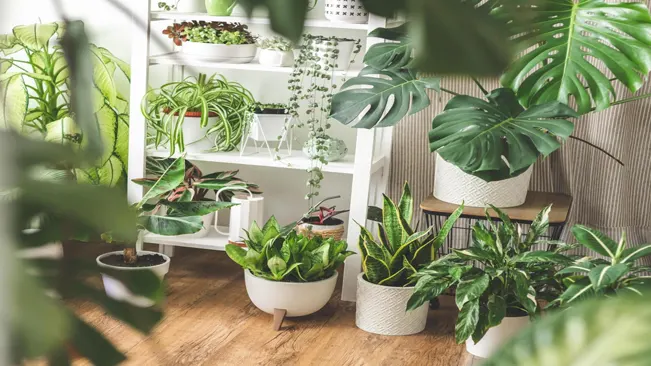
Understanding Your Garden
Know Your Plants
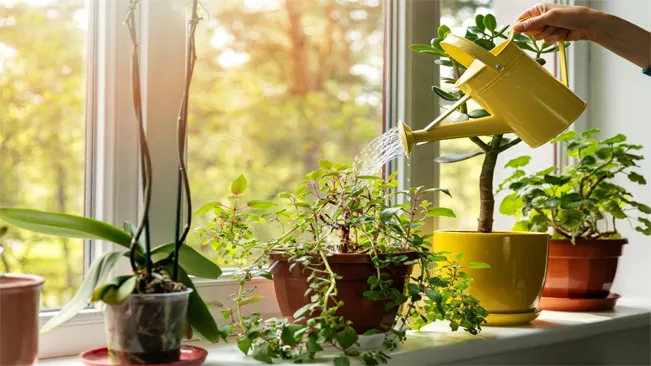
Every plant is unique and understanding the specific needs and vulnerabilities of each plant in your garden is crucial. Research the common pests and diseases that affect your plants and learn about their preferred conditions.
- Individual Needs: Each plant in your garden has unique requirements and vulnerabilities.
- Research: Learn about the specific pests and diseases that commonly affect your plants.
- Preferred Conditions: Understand what conditions (like moisture, light, soil type) might make your plants more susceptible to problems.
Observe Regularly
Frequent inspection of your plants is key. Look for early signs of infestation or disease, such as discoloration, spots on leaves, or wilting. Early detection can prevent major outbreaks.
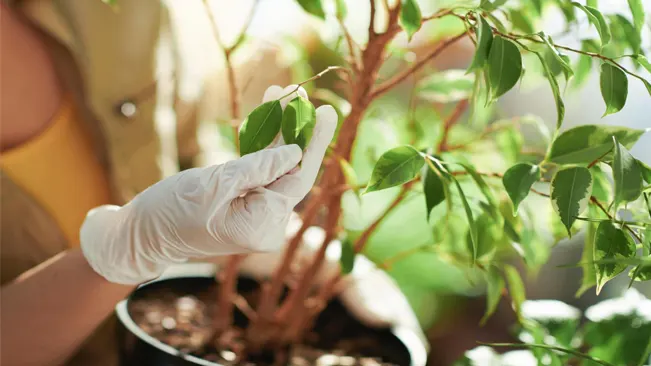
- Routine Checks: Inspect your plants frequently for any signs of trouble.
- Early Signs: Look for discoloration, spots on leaves, or wilting, which can indicate pests or disease.
- Prevent Outbreaks: Catching these signs early can help prevent larger infestations or disease spread.
Cultural Practices
Healthy Soil
The foundation of a flourishing garden is its soil. Enriching your soil with organic matter, such as compost, is vital. This process enhances soil fertility, providing essential nutrients to your plants. Well-nourished plants are naturally more resilient against pests and diseases.
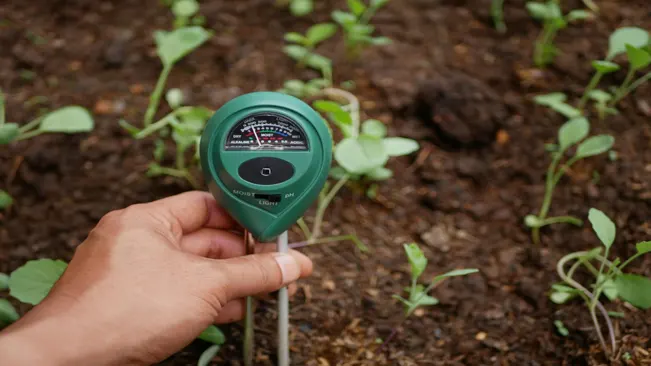
Right Plant, Right Place
It’s crucial to understand and meet the specific needs of each plant regarding sunlight, water, and soil type. Planting each species in an environment that suits its requirements minimizes stress, which in turn makes them less susceptible to pests and diseases. This principle ensures that plants grow in optimal conditions, promoting their health and vigor.
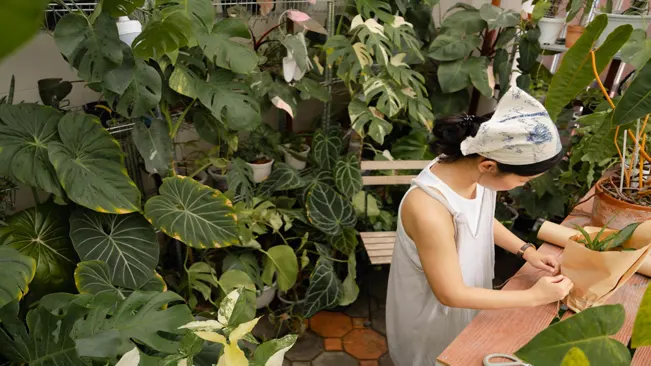
Crop Rotation
Particularly important in vegetable gardening, rotating crops annually prevents the accumulation of soil-borne pests and diseases. Different plant families have different nutritional needs and pest attractants. By changing what you plant in each area from year to year, you disrupt the life cycles of pests and decrease the incidence of diseases, maintaining soil health and balance.

Physical and Mechanical Controls
Barriers and Traps
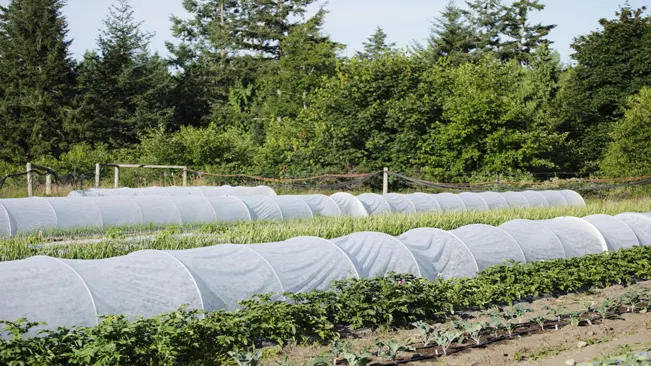
- Use nets or row covers to shield plants from insects, preventing them from reaching the plants.
- Set up traps, such as sticky traps or pheromone traps, to capture and monitor pest populations, helping to reduce their numbers.
Manual Removal
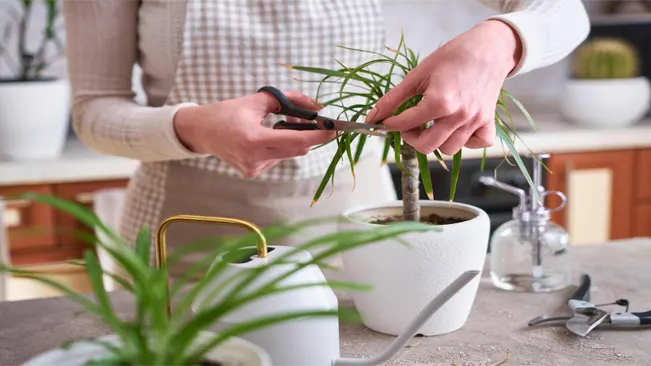
- Regularly inspect plants and manually remove any diseased leaves or branches to prevent the spread of diseases.
- For small pest infestations, physically pick off pests from the plants. This is a simple yet effective way to control pests without chemicals.
Biological Controls
Beneficial Insects
- Purpose: Utilize insects like ladybugs, lacewings, and predatory wasps to control pest populations.
- How to Attract Them: Plant a diverse range of flowers to provide these beneficial insects with nectar and habitat.
- Benefits: These insects prey on common garden pests, reducing the need for chemical pesticides.
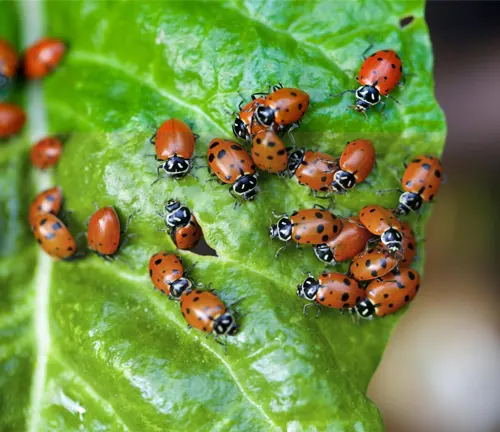
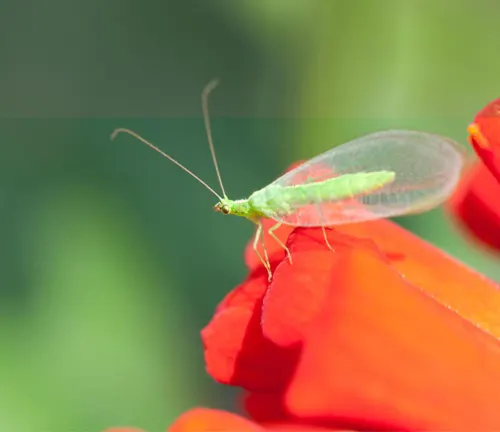
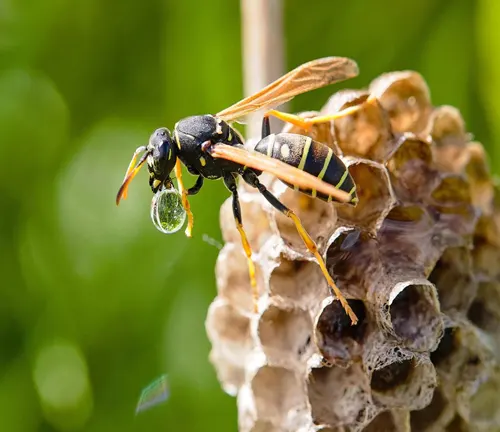
Companion Planting
- Purpose: Grow certain plants together to naturally repel pests or attract beneficial insects.
- Examples:
- Marigolds: Repel nematodes and other soil pests.
- Nasturtiums: Attract aphids, diverting them from more vulnerable plants.
- Benefits: This method enhances plant health and reduces reliance on chemical pest control.
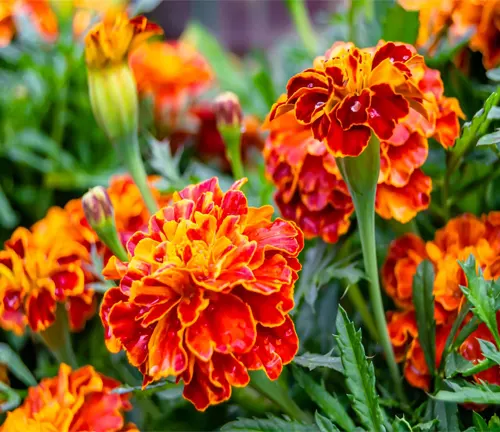
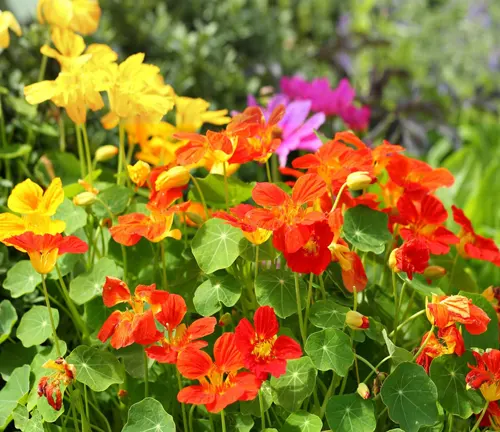
Chemical Controls
Organic pesticides are substances derived from natural sources used to control pests in the garden. They are a safer alternative to synthetic pesticides, being less harmful to beneficial insects and the environment. However, they should be used cautiously and as a last resort.
Key Points:
- Source: Derived from natural materials like plants, minerals, or bacteria.
- Safety: Generally safer for beneficial insects, such as bees and ladybugs, and have lower environmental impact compared to synthetic pesticides.
- Usage: Use only when necessary and strictly follow the label instructions for application rates and timings.
Neem Oil
A popular organic pesticide extracted from the seeds of the neem tree. It’s effective against a wide range of pests, including aphids, mites, and whiteflies. Neem oil works by disrupting the life cycle of pests, making it a non-toxic choice for managing garden pests. When using neem oil, mix it as directed on the label (usually with water) and spray it on the affected plants. It’s important to apply it during cooler parts of the day to avoid leaf burn and to reapply after rain.
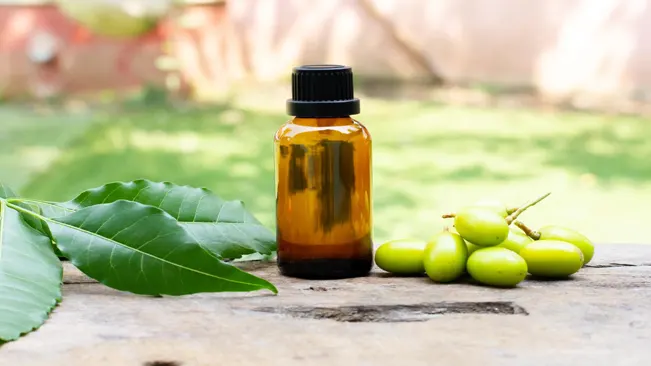
Conclusion
Gardening is a delicate balance between nurturing and protecting. By understanding and implementing these strategies, you can enjoy a garden that is not only bountiful but also resilient against pests and diseases. Remember, a healthy garden is a happy garden!
FAQs (Frequently Asked Questions)
- What are the most common signs of pest infestation in a garden?
Common signs include holes in leaves, chewed stems, discoloration of leaves, wilting plants, and visible insects or larvae on the plants. - How can I identify the specific pest or disease affecting my plants?
Identify pests or diseases by examining the damage symptoms, consulting gardening books or online resources, or seeking advice from local gardening centers or extension services. - What are some natural methods to prevent pests in my garden?
Natural methods include encouraging beneficial insects, using barriers and traps, practicing companion planting, and maintaining healthy soil. - How often should I inspect my garden for pests and diseases?
Regular inspection, ideally once a week, helps in early detection and effective management of any issues. - Can overwatering lead to plant diseases?
Yes, overwatering can lead to root rot and fungal diseases by creating a damp environment that many pathogens thrive in. - What is companion planting and how does it help in pest control?
Companion planting involves growing certain plants together that can mutually benefit each other. Some plants can repel pests naturally, while others may attract beneficial insects. - How important is soil health in preventing garden diseases?
Healthy soil is crucial as it supports strong plant growth, making plants more resilient to pests and diseases. - What are organic pesticides and when should I use them?
Organic pesticides are made from natural ingredients and should be used as a last resort when other preventive measures fail. - Can crop rotation help in disease prevention?
Yes, rotating crops each year, especially in vegetable gardens, helps prevent the buildup of soil-borne diseases and pests. - How can I attract beneficial insects to my garden?
Plant a variety of flowering plants, provide water sources, and avoid using broad-spectrum pesticides that can harm beneficial insects.

Kristine Moore
Forestry AuthorI'm Kristine Moore, a seasoned garden landscaping professional with over 30 years of experience. My extensive career has been dedicated to transforming outdoor spaces into stunning, sustainable landscapes. With a deep understanding of horticulture, design principles, and environmental stewardship, I have become a respected figure in the field, known for creating harmonious, visually appealing, and eco-friendly gardens. My commitment to excellence and continuous learning in landscaping trends and techniques has solidified my reputation as an expert in garden design and implementation.

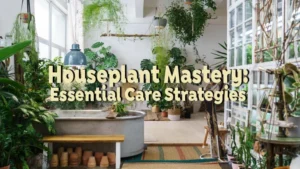
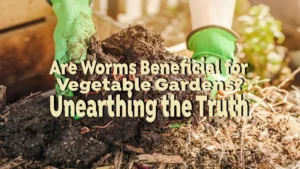
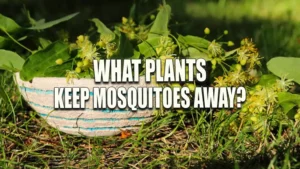
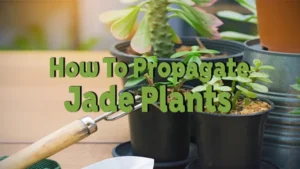

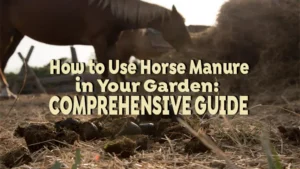
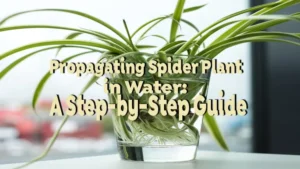

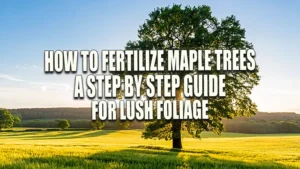
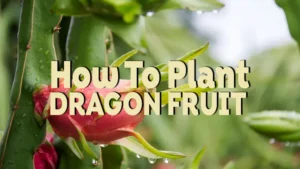
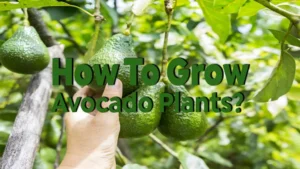
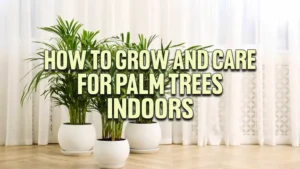
Leave your comment